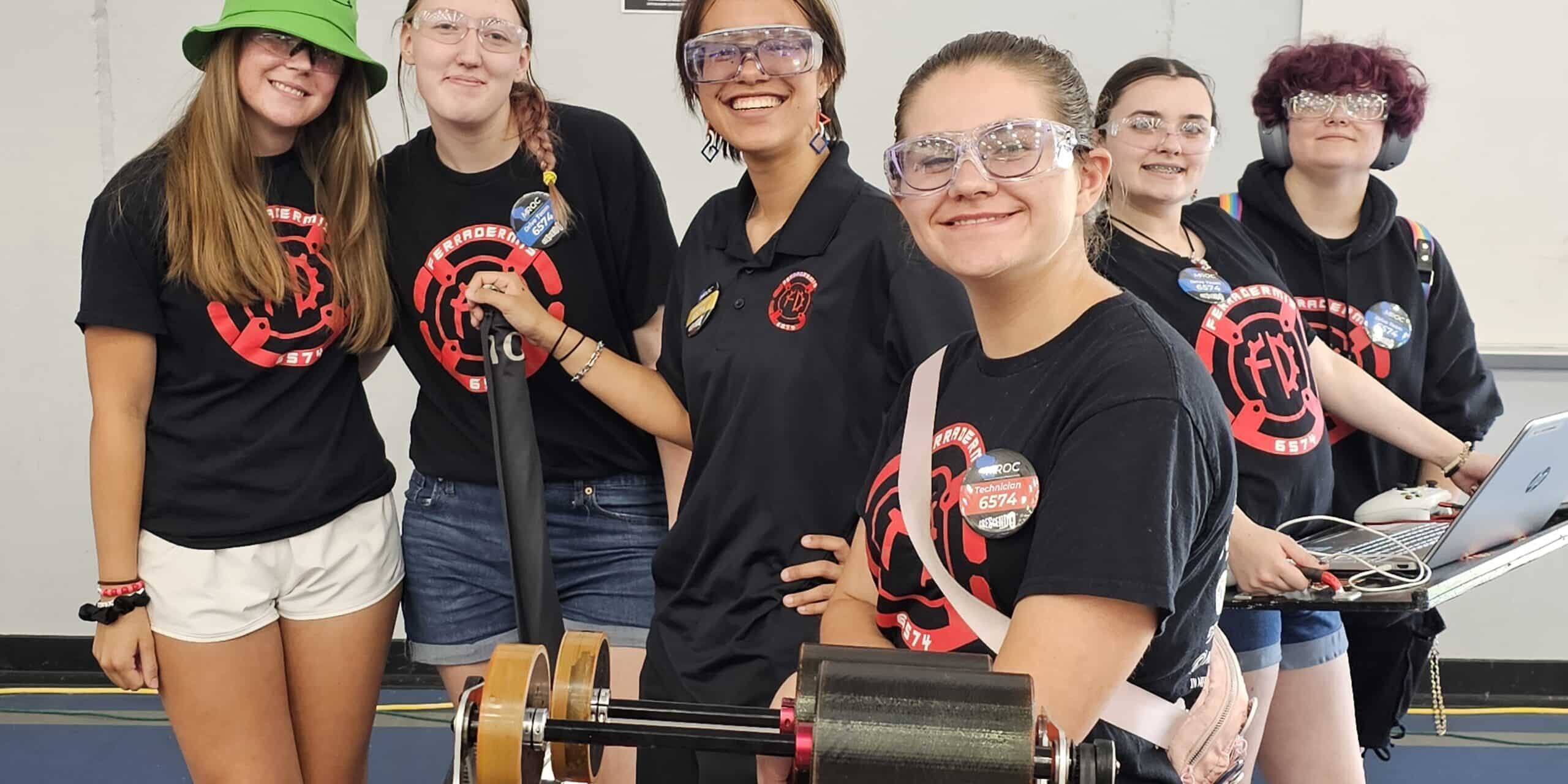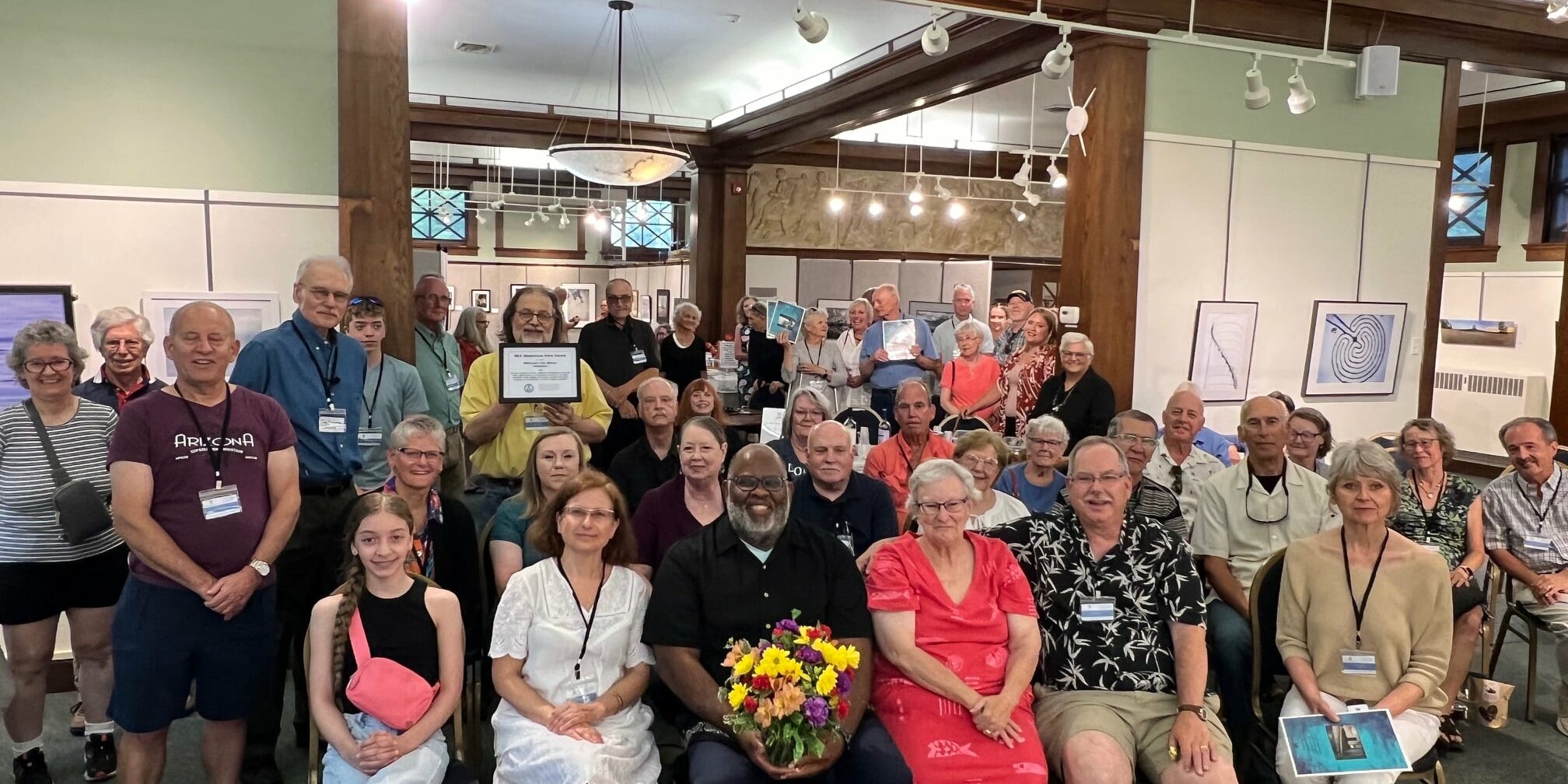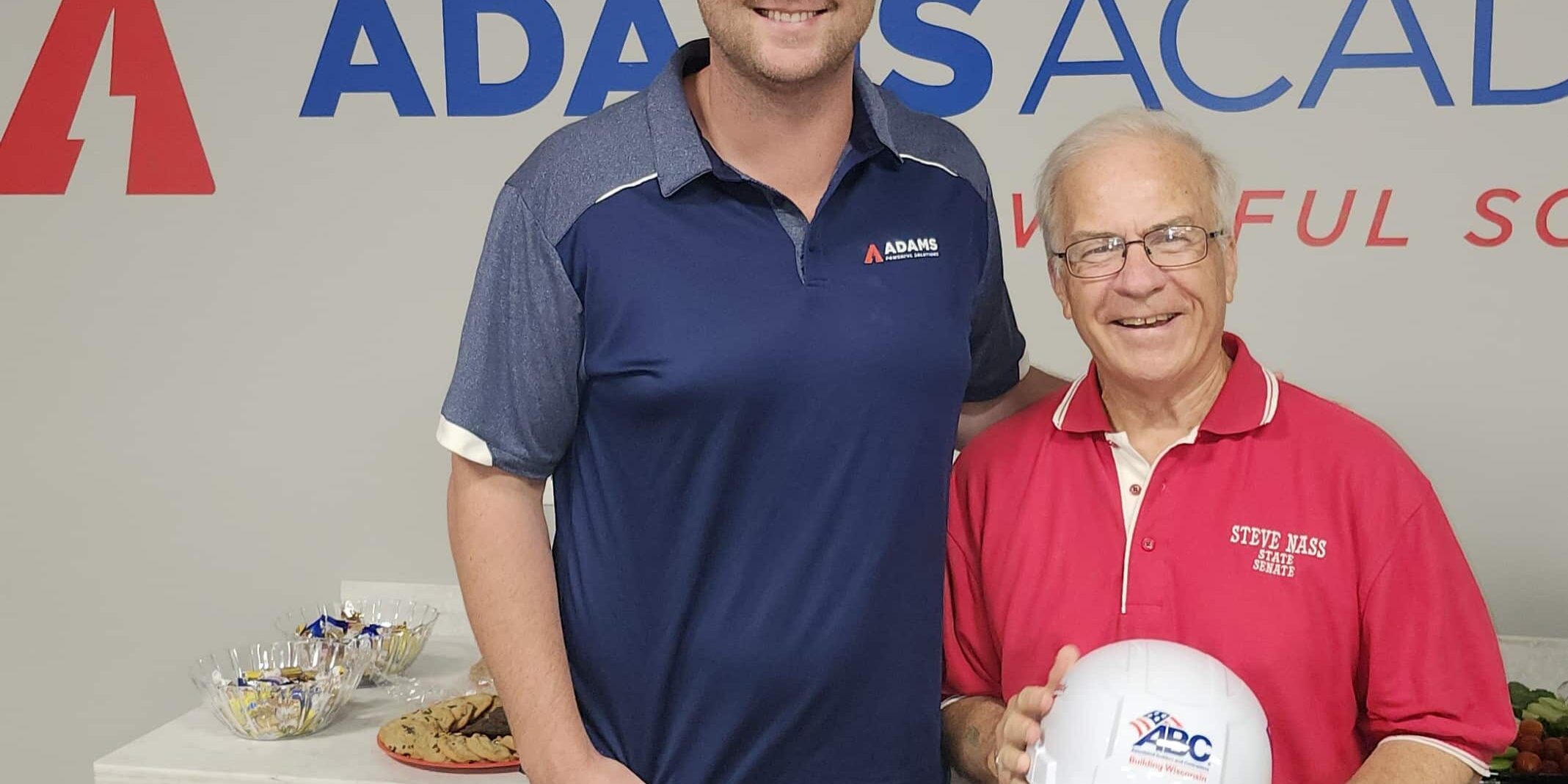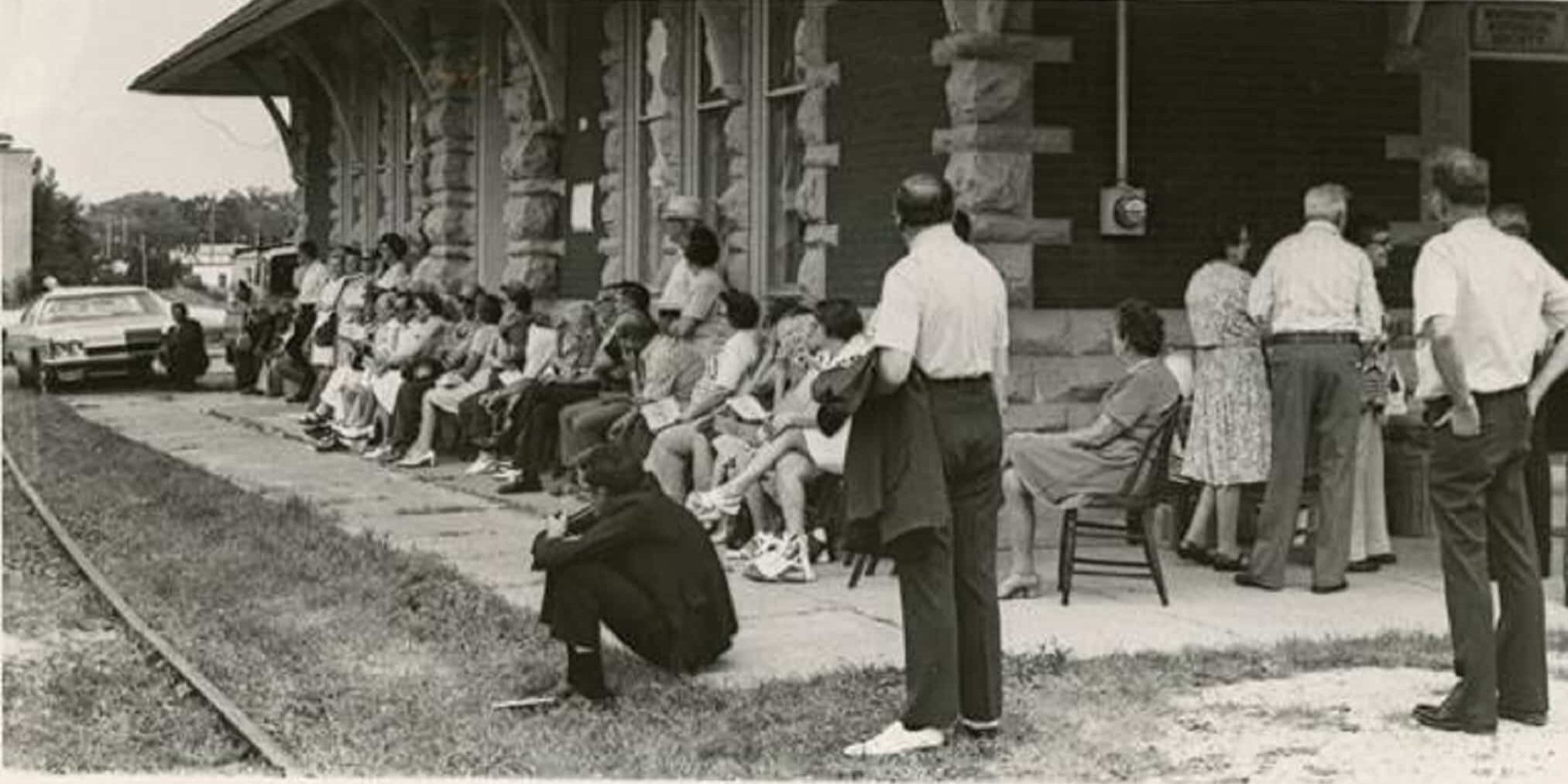By Lynn Binnie
Whitewater Banner volunteer staff
whitewaterbanner@gmail.com
Speaking to a rather modest sized in-person audience for the State of the University address in the Young Auditorium on February 28, Interim UW-Whitewater Chancellor Dr. Jim Henderson indicated that the finances for the school year are expected to be “about even.” This, he stated, was good news, in that the institution does not anticipate having to use the $4.5 million that had been set aside to cover an anticipated deficit for the year. Instead it will be added to the $11 million that had been placed in reserve for deficits in future years. Additionally, $8 million is in a tuition reserve in case enrollment doesn’t meet projections in the future. The current year’s better-than-expected performance is thanks to the receipt of COVID related federal money, restrained expenditures due partly to a number of vacant positions, and the biggest incoming class in four years. It is anticipated that next year’s incoming class will be even larger. Henderson believes that this financial stability, together with a number of other factors, including the development of a new strategic plan, has the university on a path to hire a “first rate chancellor who will stay for an extended period.” Recruitment will begin immediately in the fall, and according to a newly adopted Board of Regents’ policy, the process will be more inclusive, including representatives from all four shared governance groups.
Four Initiatives Have Been Adopted
- With the strong encouragement of all four shared governance bodies, Learning Communities will be reinstated beginning in fall of 2023. A popular concept at many universities in recent decades, learning communities are still an option offered to incoming students at UW-Madison. According to UW’s website, “Embedded within various residence halls, our learning communities are residential spaces that bring together faculty, staff, and students around a specific focus. Exclusive seminars and class sections, events, and connections with instructors and staff help make a large university feel smaller and more intimate.”
- Mental health support for students and staff will be enhanced, as needs are identified by an upcoming survey.
- Recruitment and retention of Black students: In 2012, African American students represented 4.8% of the enrollment; that has dropped to 4%. A particular focus will be directed to prospective students from the Milwaukee, Madison, Beloit, Racine and Kenosha areas.
- Recruitment and retention of Hispanic students. While the number of white students graduating from high school in the area has been falling, there has been an increase in Hispanics.
- Henderson particularly stressed the importance of retaining students. “If a first generation college student drops out, that means we’ve lost several more generations of students from that family,” Henderson lamented. Much of the loss of enrollment during the pandemic has been the result of sophomores and juniors not returning to school.
Henderson acknowledged that media coverage of the university in recent years has been especially focused on the turnover of leadership. With the appointment of Ann Stadler to the new position of Chief Marketing Officer, the word will be getting out about all the good news, for example:
- The university graduates more teachers than any other school in the state.
- The MBA program is ranked #1 in the state.
- The football team drew the highest attendance in Division III this past season.
The event included recognition of employees who have reached employment anniversaries, as high as 35 years. Those employees who reached 25 years of service are entitled to choose a captain’s chair or rocking chair compliments of the UW-W Foundation.





















